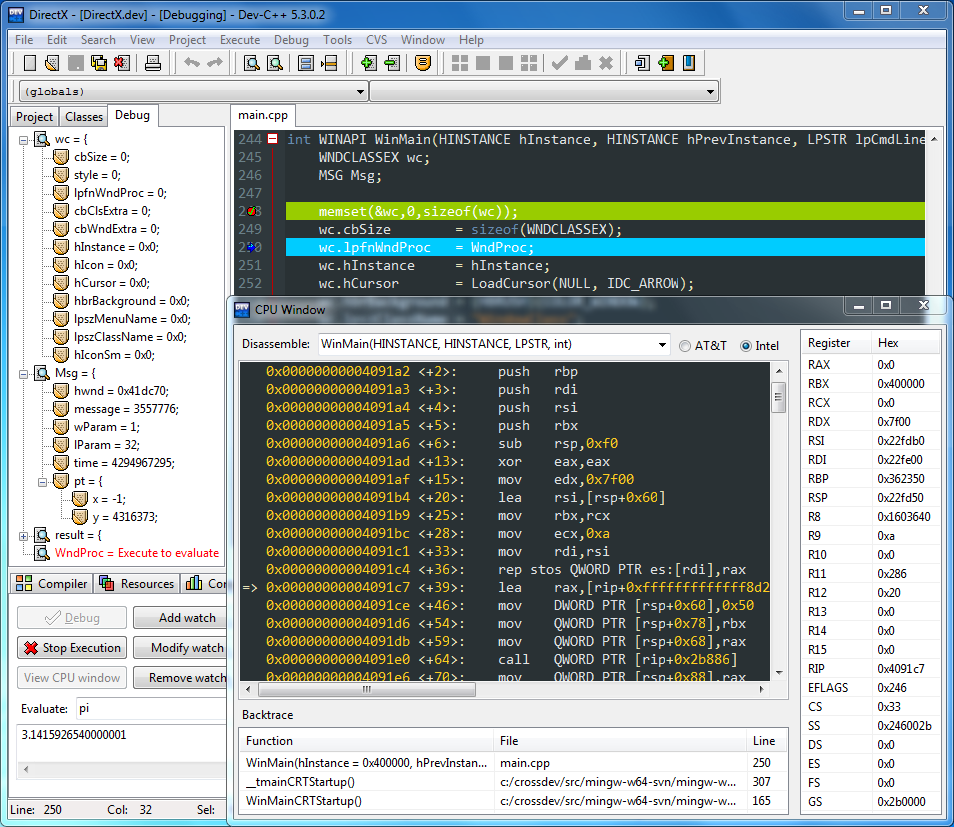I searched a lot but there seems to be no way to have additional color schemes in Dev C++. The existing ones are way too bland. Also, I am no good at colors, yet, it feels as if I don't have the control to choose enough colors in the Editor Options. Is there a workaround? Can anyone port '>this?
Change Theme is secure, always updated and well coded Money back guarantee! While you have 7 days, no obligations risk-free trial of WPMU DEV if you become a paid member and are dissatisfied with any of the above we'll refund you, no questions asked.
Certainly some may say this is a lot of fuss over nothing. But, I believe its really important.
- 4 Contributors
- forum 10 Replies
- 2,861 Views
- 7 Years Discussion Span
- commentLatest Postby Gabriel_8Latest Post
DigitalPackrat
No one has an answer? Or is it that Dev C++ does not have such features. Tell me about a good editor (if not an IDE) which is good features and additional color scheme adding capability.

- Themes for part of an application
To share colors and font styles throughout an app, use themes.You can either define app-wide themes, or use Theme widgetsthat define the colors and font styles for a particular partof the application. In fact,app-wide themes are just Theme widgets created atthe root of an app by the MaterialApp.

After defining a Theme, use it within your own widgets. Flutter’sMaterial widgets also use your Theme to set the backgroundcolors and font styles for AppBars, Buttons, Checkboxes, and more.
Creating an app theme
To share a Theme across an entire app, provide aThemeData to the MaterialApp constructor.
If no theme is provided, Flutter creates a default theme for you.
See the ThemeData documentation to see all ofthe colors and fonts you can define.
Themes for part of an application
To override the app-wide theme in part of an application,wrap a section of the app in a Theme widget.
There are two ways to approach this: creating a unique ThemeData,or extending the parent theme.
Creating unique ThemeData
If you don’t want to inherit any application colors or font styles,create a ThemeData() instance and pass that to the Theme widget.
Extending the parent theme
Rather than overriding everything, it often makes sense to extend the parenttheme. You can handle this by using the copyWith() method.
Using a Theme
Now that you’ve defined a theme, use it within the widgets’ build()methods by using the Theme.of(context) method.
The Theme.of(context) method looks up the widget tree and returnsthe nearest Theme in the tree. If you have a standaloneTheme defined above your widget, that’s returned.If not, the app’s theme is returned.

Dev C++ Change Theme
In fact, the FloatingActionButton uses this technique to find theaccentColor.